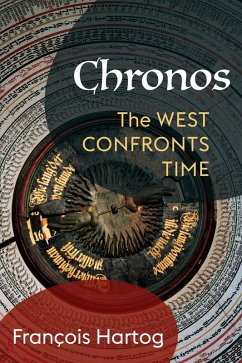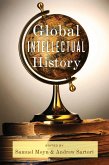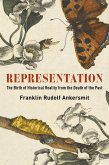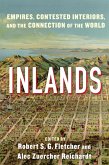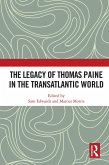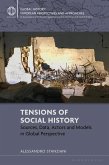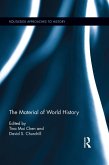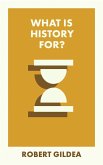As omnipresent as it is ungraspable, time has always inspired and eluded attempts to comprehend it. For the early Christians, for the twenty-first-century world, how have past and future been woven into the present? In Chronos, a leading French historian ranges from Western antiquity to the Anthropocene, pinpointing the crucial turning points in our relationship to time.
François Hartog considers the genealogy of Western temporalities, examining the orders of time and their divisions into epochs. Beginning with how the ancient Greeks understood time, Chronos explores the fashioning of a Christian time in the early centuries of the Catholic Church. Christianity's hegemony over time reigned over Europe and beyond, only to ebb as modern time-presided over by the notion of relentless progress-set out on its march toward the future. Hartog emphasizes the deep uncertainties the world now faces as we reckon with the arrival and significance of the Anthropocene age. Humanity has become capable of altering the climate, triggering in mere life spans changes that once took place across geological epochs. In this threatening new age, which has challenged all existing temporal constructions, what will become of the old ways of understanding time?
Intertwining reflections on intellectual history and historiography with critiques of contemporary presentism and apocalypticism, Chronos brings depth and erudition to debates over the nature of the era we are living through and offers keen insight into the experience of historical time.
François Hartog considers the genealogy of Western temporalities, examining the orders of time and their divisions into epochs. Beginning with how the ancient Greeks understood time, Chronos explores the fashioning of a Christian time in the early centuries of the Catholic Church. Christianity's hegemony over time reigned over Europe and beyond, only to ebb as modern time-presided over by the notion of relentless progress-set out on its march toward the future. Hartog emphasizes the deep uncertainties the world now faces as we reckon with the arrival and significance of the Anthropocene age. Humanity has become capable of altering the climate, triggering in mere life spans changes that once took place across geological epochs. In this threatening new age, which has challenged all existing temporal constructions, what will become of the old ways of understanding time?
Intertwining reflections on intellectual history and historiography with critiques of contemporary presentism and apocalypticism, Chronos brings depth and erudition to debates over the nature of the era we are living through and offers keen insight into the experience of historical time.
Dieser Download kann aus rechtlichen Gründen nur mit Rechnungsadresse in A, D ausgeliefert werden.

